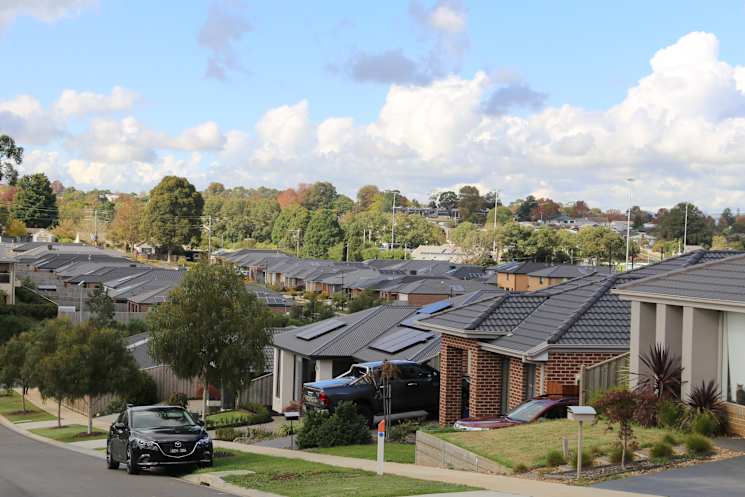
Victoria is the slowest and most expensive state for planning approvals, according to an Housing Industry Australia survey.
HIA senior economist Tom Devitt said the survey found obtaining a planning approval to build a new home in Victoria took more than seven months and cost almost $20,000.
"The Victorian process is bogged down in costs, delays and uncertainties, including required drawings, consultants and experts, reports and permits, heritage and flood overlays, environmental regulations and restrictions, third-party notification and appeal rights, and council fees, modifications and delays," Mr Devitt said.
"It can often take weeks to get a simple response from council."
In Baw Baw Shire, it takes on average almost four months for a planning application to be decided.
Whilst data doesn't offer a breakdown of new home applications, a quarterly report showed the median timeframe to decide a planning application was 113.5 days. This is above council's 99-day target.
Council acknowledged the results were still impacted by a historical backlog of applications.
The quarterly report also indicated 36 of 84 decisions - 44 per cent - were within required timeframes between January to March. In addition, noting proposals of simpler nature were being received, the average cost of statutory planning service was $3717.
There were 210 new residential lots created in the quarter, bringing the year to date total to 583. This is an 82 per cent increase on the previous year.
HIA surveyed new home builders, renovators, manufacturers, suppliers, trade contractors, developers and other industry participants for the survey. One of the key questions was around the time and cost involved in obtaining a planning approval.
"Victoria's planning approvals process was the most expensive and time consuming of all the large states, far worse than the national average of $14,100 and 5.4 months," Mr Devitt said.
"Moreover, these are just averages. There are many cases where planning approval for one dwelling on residentially zoned land takes a minimum of 6 to 12 months.
"There are even horror stories across the state of planning processes taking years and costing builders hundreds of thousands of dollars in delays, costs and rework."
Mr Devitt said the result was many builders simply no longer attempting to build certain dwellings or develop particular parcels of land.
Survey respondents identified a number of ways in which planning processes could be improved, including private certification.
They believed it would speed up the process from months to weeks.
"Rules based private certification would overcome the subjective interpretations, including around neighbourhood character, relative to what should be objective town plans," Mr Devitt said. "It should also reduce the occurrence of numerous unnecessary and often duplicated requests for information and reversed decisions from different town planners."
"It would also ease the burden on councils, addressing skills shortages and allowing town planners to do what they do best - and better than anyone else - write town plans, design cities, not be distracted by the administrative task of assessing compliance with them," he said.





